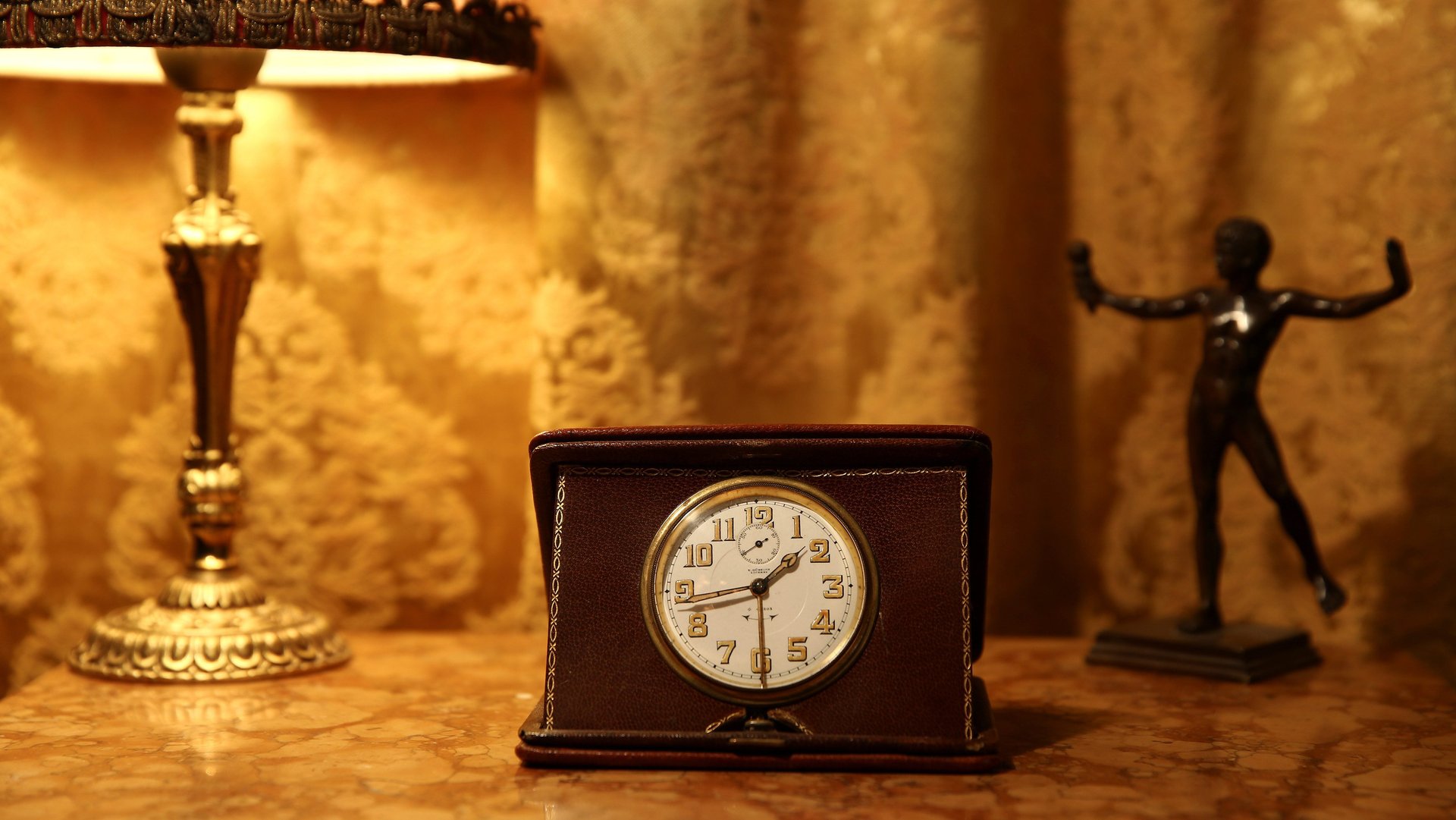A best-selling author’s theory on timing offers practical ways to improve your schedule
Daniel Pink may be most widely known for his book Drive: The Surprising Truth About What Motivates Us, published in 2011, and the accompanying TED Talk, now viewed nearly 20 million times. His other books on topics like incentives and “right-brained” thinkers also have been bestsellers. His latest, however, already has one distinguishing feature: According to Pink, he finished it on time. It’s a rare feat for any writer, but, in this case, it would have been awkward if Pink hadn’t pulled it off.


Daniel Pink may be most widely known for his book Drive: The Surprising Truth About What Motivates Us, published in 2011, and the accompanying TED Talk, now viewed nearly 20 million times. His other books on topics like incentives and “right-brained” thinkers also have been bestsellers. His latest, however, already has one distinguishing feature: According to Pink, he finished it on time. It’s a rare feat for any writer, but, in this case, it would have been awkward if Pink hadn’t pulled it off.
When: The Scientific Secrets of Perfect Timing (Riverhead Books, 2018) grew out of Pink’s attempt to become more systematic about organizing his own life. Thus, he stumbled into a largely ignored topic, a dimension of living and working that, he says, is at least as important as how we do things, and what we do.
The timing of when we do things, he found, has long been a topic of interest to economists, social psychologists, chronobiologists, and scholars of linguistics. He gathered their findings to seek out commonalities, and turned out a book that teaches its readers how to take breaks, when to drink coffee, why a project’s middle and starting points matter (even the faked ones, so-called “fresh starts”), and how humans process endings.
As Pink and other experts on chronemics note, we think of time as something that happens to us, as if all we can do is survive within it. In fact, “time” itself is a human invention, one we’re still tweaking. While we can’t ignore it, we can, to a degree, purposefully synch our internal clock with that of the outside world by choosing the right task for the right moment. We ought to make timing far more intentional in our lives, Pink believes.
And you would, too, if you read the studies he details on how judges are far more likely to grant prisoners parole in the mornings and after breaks, or how students score better in math tests when they study math in the morning. According to one large textual analysis of company earnings calls, those that report earnings in the a.m. have been found to use more upbeat language than those who report in the p.m., when more negative language seeps into the report. What’s more, the tone of morning and evening calls was found to, temporarily, affect stock prices.

As he worked on When, Pink began to apply his newly acquired knowledge to his own life. For instance, he learned that our mood and thinking styles follow a common trajectory: our ability to focus and analyze things peaks in the late morning, plummets in the afternoon, and recovers in the late afternoon and evening, when we’re less vigilant, in a good mood, and therefore primed to think creatively. (This is true for the majority of adults, but not for night owls who are typically at their mental prime in the evening.)
Being essentially a morning person, Pink rearranged his day accordingly. “I carved out my morning so that I didn’t answer emails, turned off my phone, and didn’t schedule any kinds of appointments,” he says, adding “I probably wrote 90% of this book in the morning.”
“Then I tried to shift all the crappy administrative stuff to the that trough in the afternoon,” he says. “And I did a lot of the interviews in the late afternoon, because a lot them were freewheeling.” He was not, he points out, a lawyer conducting a deposition, trying to suss out inconsistencies in someone’s testimony. That would have been a peak-hours task.
Pink also broke a bad habit: “I was always someone who believed in both the efficiency and moral virtue of powering through,” he says. ”Now, I write down each afternoon two breaks that I’m going to take, something like a 10- or 15-minute walk twice in the afternoon.” (The science of maximizing the power of breaks is given a full chapter in When.)
He became a convert, he says, finding he’d “go back to the desk, ready to do more work, rather than rubbing my eyes and shaking my head, and wondering what moment I’m going to be able to look at ESPN highlights.”
The result? ”Shockingly, as a writer, I didn’t always make my deadlines” for other books, he says. But this one got turned in on time.
None of this made the writing of When less painful. “Pain is omnipresent when you write,” he says, “but it was more efficient.”